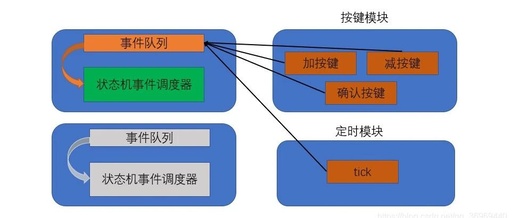C Language Special: extern, volatile, and inline
In the C language, <span>extern</span>, <span>volatile</span>, and <span>inline</span> are three widely used keywords, each related to cross-file variable declarations, compiler optimization control, and function inlining. Mastering their usage can effectively enhance code structure, stability, and performance. 1. extern (External Variable Declaration) <span>extern</span> is used to declare global variables or functions defined in other files, enabling … Read more









